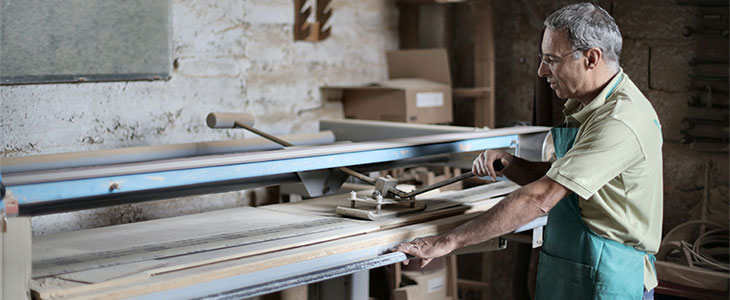Structured settlement contributions are payments an individual has received and contributed into their super fund. Structured settlement payment is a payment arising from a personal injury claim where two legally qualified medical practitioners have certified that it is unlikely the individual can ever be gainfully employed in a capacity for which they are reasonably qualified or trained.…
Business entity changes involve transferring a business from its current structure to a more advantageous structure. The most common reasons for business restructure are: Change in ownership: If an existing business is acquired (say a company), then the business structure may be changed (to a trust). Change in management: Taking on a business partner would involve…
On 11 May 2021, as part of the 2021–22 federal Budget, the Australian Government announced it will extend the loss carry back measure. Companies can carry back losses from 2020, 2021 & 2022 income years to offset previously taxed profits made in or after the 2019 income year. This allows companies to generate a refundable…
Overnight travel expenses involve being away from home for at least one night for work or business purposes. Business or work travel is in contrast with other types of private travel such as for leisure purposes or regularly commuting between one's home and workplace. Reasons for work or business trips include servicing customers, working at…
Fitness expenses will be deductible if employees need an abnormal level of fitness to perform their job. Typically, this applies to only professional sportspeople, physical training instructors with the Defence Force & Police Force, firefighters, and special forces personal. Implementation Process: 1. Determine whether the employee requires above normal (extreme) levels of fitness to perform…
Handbags, briefcases and satchels purchased to carry items for work purposes (such as laptops, tablets, work papers or diaries) may be deductible. The deductibility of the bag will depend on: Cost – It's easier to justify to the ATO that a $300 bag is for work purposes than a $10,000 Prada bag. Type – Large bags…
Co-existing work locations travel involves travel which can be attributed to the employee having to work in more than one location. This is the case where: The travel is directly between work locations, or between home and an alternative work location, and It is reasonable to conclude that the travel is undertaken in performing the…
Where an employee undertakes 'special demands' travel between home and a regular work location, the trip will be deductible work-related travel where being conducted in performing the employee's work activities. Travel will be part of an employees work activities where: The work activities require the employee to undertake the trip. The employee is paid, directly…
Home-based businesses are small businesses that operate from the owners home. The attractions of starting and running a business from home include: Tax savings from making some of the home occupancies costs tax-deductible. Reduction in overhead costs. More work time as no time is lost commuting in traffic. It improves work/life balance. A home-based…
Personal services income (PSI) is income produced mainly from an individual’s skills or efforts. It’s income that has the characteristics of employment income. For PSI income, the only deductions allowed against that income are expenses an employee would be entitled to deduct. If the personal services business (PSB) tests are passed, then taxpayers gain the…
"You’d be stupid not to try to cut your tax bill and those that don’t are stupid in business"
- Bono: U2














